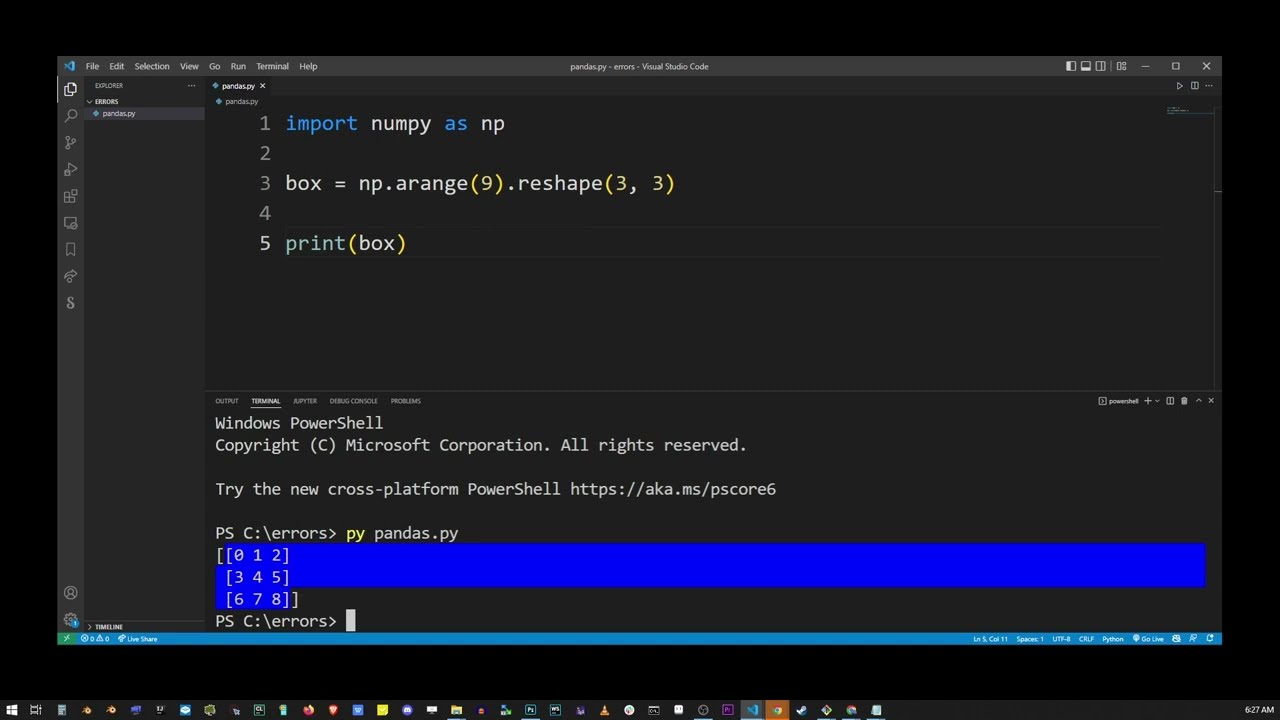How to solve ModuleNotFoundError: No module named ‘opt-einsum’ in python

In the world of Python programming, encountering errors is a common experience for developers. One such error that has puzzled many is ModuleNotFoundError: No module named ‘opt-einsum’. This article aims to provide a detailed guide on how to troubleshoot and resolve this error, with an emphasis on practical solutions and helpful tips.
Understanding the Error: ModuleNotFoundError
Before diving into the solutions, it is essential to understand what a ModuleNotFoundError signifies. This error indicates that Python cannot find the module you are trying to import. In this case, it specifically pertains to the opt-einsum library, which is crucial for optimizing tensor operations in various libraries like TensorFlow and PyTorch.
What is opt-einsum?
The opt-einsum library is a powerful tool that allows for efficient computation of Einstein summation notations. Its optimization algorithms can greatly enhance the performance of numerical computations, especially in machine learning and deep learning projects. When you see this error, it usually means that the library is not installed in your current Python environment.
Common Causes of the Error
There are several reasons why you might encounter the error ModuleNotFoundError: No module named ‘opt-einsum’. Understanding these reasons can help in finding the appropriate solution.
- Library is not installed: This is the most straightforward cause. If you haven’t installed opt-einsum, Python won’t be able to find it.
- Virtual environment issues: If you are using a virtual environment, ensure that the library is installed specifically in that environment.
- Python version mismatch: Sometimes, the library may not be compatible with your current version of Python.
- Path issues: If your Python path is not set correctly, Python cannot locate the installed modules.
Steps to Resolve ModuleNotFoundError: No module named ‘opt-einsum’
Now that we have established the possible causes of this error, let’s explore how to effectively tackle the issue.
Step-by-Step Guide
- Check if the library is installed: The first step is to verify whether opt-einsum is installed in your Python environment. You can do this by running the following command in your terminal or command prompt:
- Install opt-einsum: If the library is not installed, you can easily do so using pip. Run the command:
- Activate your virtual environment: If you’re using a virtual environment, make sure it’s activated. You can activate it with:
- Check your Python version: Make sure that the version of Python you are using is compatible with opt-einsum. You can check your Python version with:
- Reinstall opt-einsum: If you’ve verified that the module is installed but still encounter the error, try reinstalling it:
pip show opt-einsumpip install opt-einsumsource /path/to/your/venv/bin/activatepython --versionpip uninstall opt-einsumpip install opt-einsumBest Practices to Prevent ModuleNotFoundError in the Future
Once you have resolved the issue, it is advisable to adopt certain practices to prevent encountering the ModuleNotFoundError again in the future.
- Use virtual environments: Always develop in a virtual environment. This keeps your project dependencies isolated and minimizes the risk of version conflicts.
- Keep libraries updated: Ensure that you regularly update your libraries. A simple command:
pip list --outdatedpip install --upgrade [library_name]Exploring Alternatives to opt-einsum
Although opt-einsum is incredibly useful, there may be situations where you might consider alternative libraries or methods for tensor operations. Below are a few alternatives worth exploring:
- NumPy: As one of the most widely used libraries for numerical computations, NumPy offers efficient array operations and mathematical functions.
- Pandas: Ideal for data manipulation and analysis, Pandas provides data structures that are perfect for handling structured data.
- TensorFlow and PyTorch: These frameworks have built-in functionalities for efficient tensor computations, often negating the need for a separate optimization library.
- JAX: This library can automatically differentiate NumPy programs and is highly optimized for performance on GPUs and TPUs.
In conclusion, resolving the ModuleNotFoundError: No module named ‘opt-einsum’ error is a matter of systematic troubleshooting. By following the steps outlined above, you can successfully identify and rectify the cause of the error, allowing your Python code to run smoothly.





